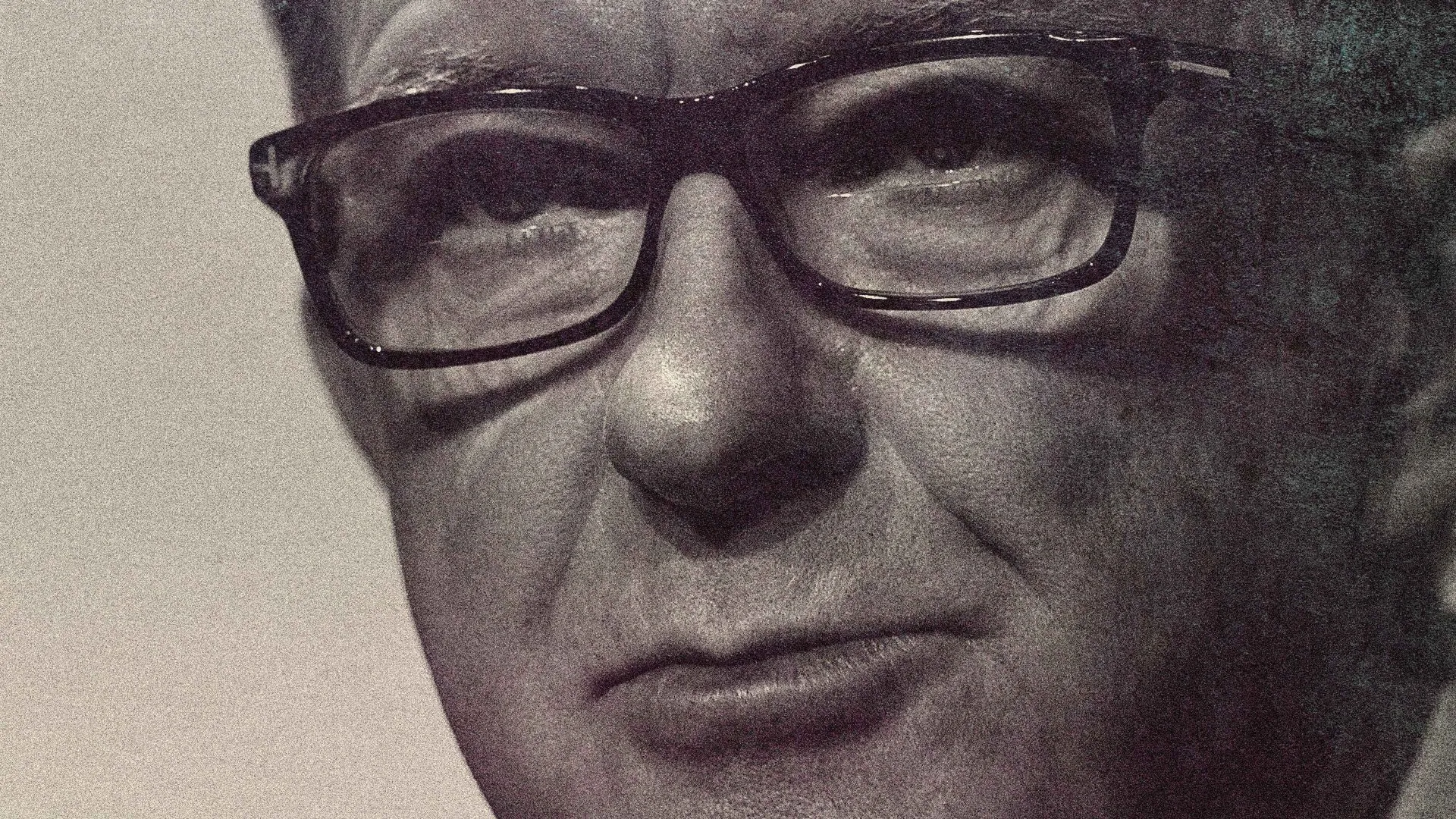Europe needs to get real on defence; Britain needs to get real on Europe
13 February 2025
Post
4 September 2013
2 minute(s) read
Recent Posts

13 February 2026
Posted by Alastair Campbell

500. Japan, China, and the Fight for Taiwan (Question Time)
Are Japan and China closer to conflict over Taiwan, after the landslide victory for Japan's 'Iron Lady', Sanae Takayichi? Does Trump’s crumbling American-Hispanic vote explain his extreme reaction t... Continue12 February 2026
Posted by Alastair Campbell

Alastair Campbell’s diary: Am I still a friend of Peter Mandelson? It’s complicated
I find it hard to think he didn’t hear and see things that made him feel he had to get Epstein out of his life... Continue
11 February 2026
Posted by Alastair Campbell

499. Is It Game Over for Starmer?
As Starmer begins to lose his key aides and allies, is his departure from Number 10 now a matter of when, not if? Is the UK actually becoming ungovernable? Will the latest revelations about the level ... Continue9 February 2026
Posted by Alastair Campbell

I’m sleepless, angry and anxious over this – and I know I’m not alone
Editor-at-large Alastair Campbell on the reaction to the Mandelson affair, the calls for Starmer to go, and what happens to this government - and the United Kingdom - next... Continue
9 February 2026
Posted by Alastair Campbell

175. Ex-Director of GCHQ: China, Russia, and the Threats Facing the UK (Jeremy Fleming)
Do Russia or China represent a bigger risk to UK national security? Why are we underestimating the threat posed by cybercriminals? Who holds the real power - ministers or spies? Rory and Alastair are... Continue9 February 2026
Posted by Alastair Campbell

498. Alastair Reacts to Starmer-Mandelson Turmoil
How should the government and politics as a whole respond to the latest revelations about the scale of Epstein's influence, and Mandelson's abuse of power? If Starmer goes, who and what comes next? Do... Continue8 February 2026
Posted by Alastair Campbell

174. Taking On Europe’s Last Dictator: The Fight Against Lukashenko and Putin
How did Sviatlana Tsikhanouskaya go from being a housewife to leading a Belarussian government in exile? How did Aleksandr Lukashenko become the last dictator in Europe? Why was Segei, Sviatlana’s h... Continue6 February 2026
Posted by Alastair Campbell
Do the producers of alcohol make political donations?
As anyone who happens to glance over my twitter feed every now and again, you will see quite a few booze related tweets. I like a drink every now and again but because of past experiences, I don’t drink anywhere nearly as much as I used to. However, I noticed a while back that I still behave as though I’m a very social drinker ( getting to the point I promise), I encourage others to have a drink when they’ve had a bad day or are celebrating. I think it’s one of our main problems with booze, our attitude seems to be that we *need* a drink. That somehow we having a drink makes us more socially accepted. Having spoken to friends I know that some us at least are on autopilot when it comes to our attitude to booze.
So apart from our attitude I think as a nation we’d benefit from returning to a little bit more regulation, I’m not being a killjoy and I know we’re all broke, but does booze need to be that cheap? And do we need to be able to buy it from a supermarket at any time of day or night? I wonder how many of us could give up alcohol totally for longer than a month. I genuinely don’t think I could, so maybe it’s time I did.
remind me to proof read my post next time
Isn’t part of the problem that policy makers think about drugs differently depending on whether they’re legal or illegal, so there are different strategies for drugs, alcohol and tobacco. Perhaps if we were able to persuade them to look at it from the point of view of how society wants to intervene – prevention, treatment, law – that might make sense.
As someone who’s professional role is in drug and alcohol prevention I know that the best interventions work across all a range of substances and often don’t focus on one or the other.
I also know that if you look at where government invests, across the piece, that much more is spent on enforcement (police, prison, boarder control) than on treatment; and that almost nothing is spent on prevention.
Two points: funding data on alcohol treatment need to consider that AA is completely unsupported by government.
Second, liver dieases are worsened considerably by being obese, and there is a strong synergistic effect between obesity and heavy drinking. So when considering alcohol-related liver disease stats, we need to take our obesity rates into consideration.
Don’t do top shelf, but like the pumps, as many in UK. Supermarket wines I did dabble in sadly in past, but no more, that became popular with the ladies, with the aisled marketing, sadly.
The top shelf in some do take over control, that is when it does go overboard, when you like that too much, vodka bottles everywhere empty, since it doesn’t make your breath pong like a brewery, but eventually it starts sweating out of your skin pores, with that certain alcohol COOH smell. Then you get noticed, even though you claim you are still “functional”.
Funny stuff alcohol, embedded in UK life, as part of our civilised body chemistry.
I work with offenders and it has been noticeable how, over the last decade, alcoholism has become the predominant common factor in their backgrounds, allied with mental health. There are still lots of heroin / speed / cocaine misusers out there but they are using up proportionately less time of criminal justice and social care agencies.
Simon Malloni, Cornwall
The Brits have a “war on drugs” too? Come on, I thought you were smarter than that.